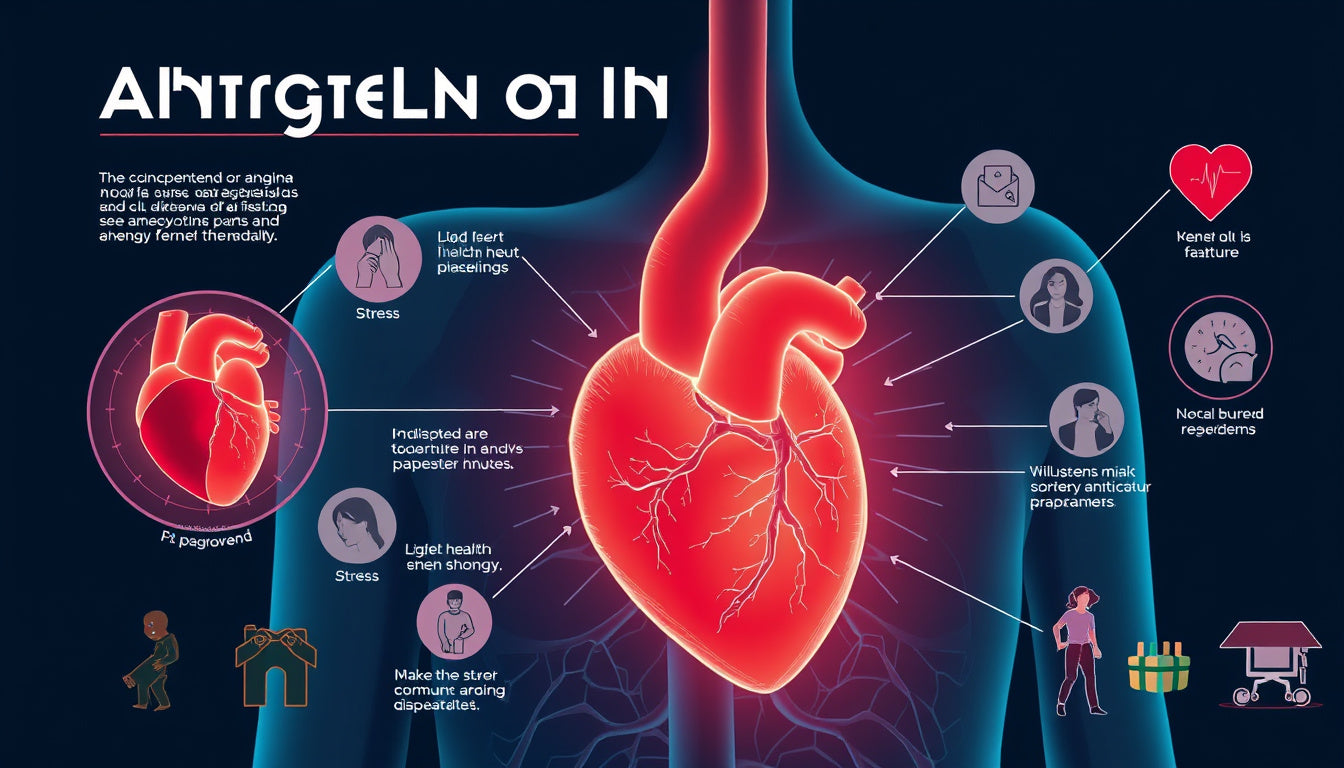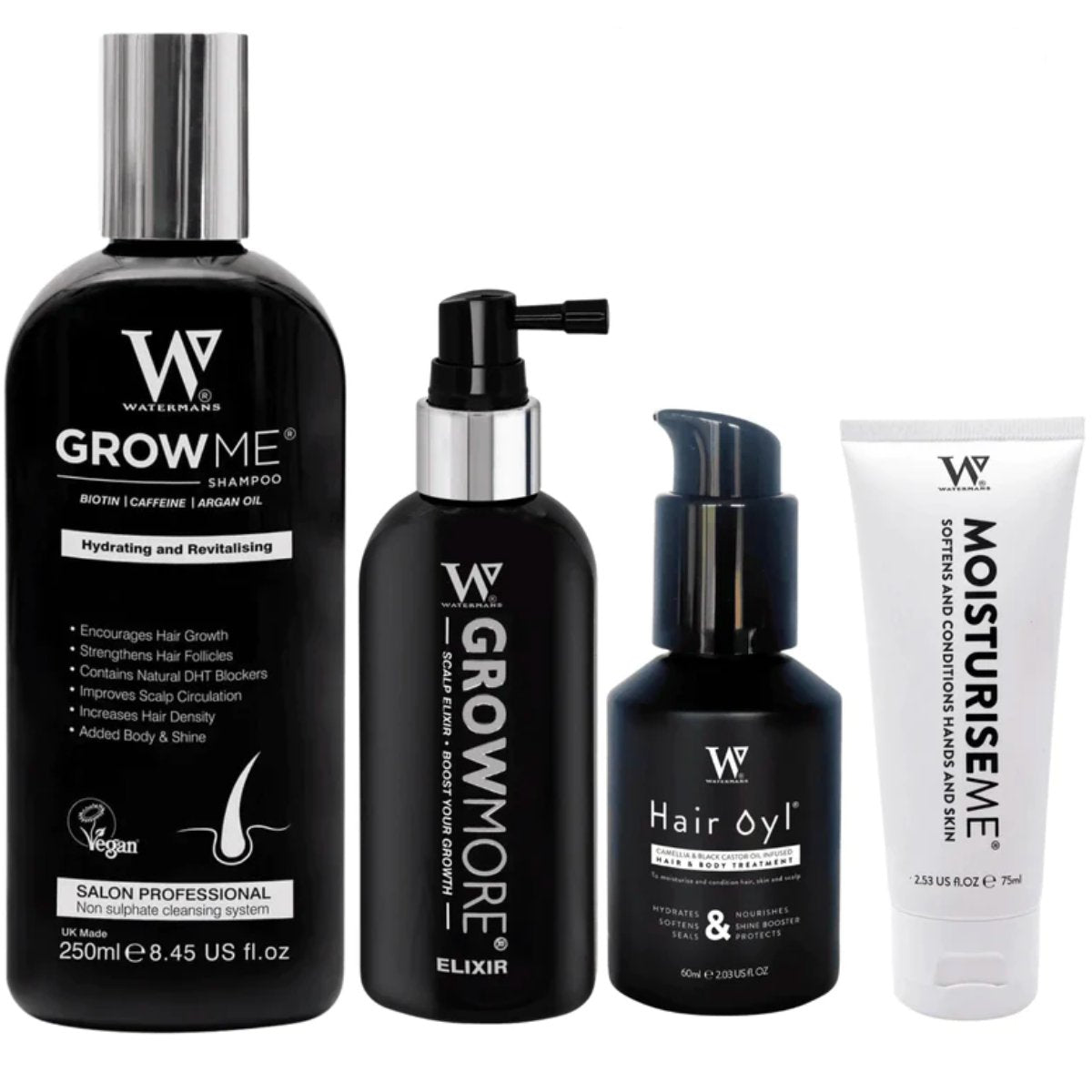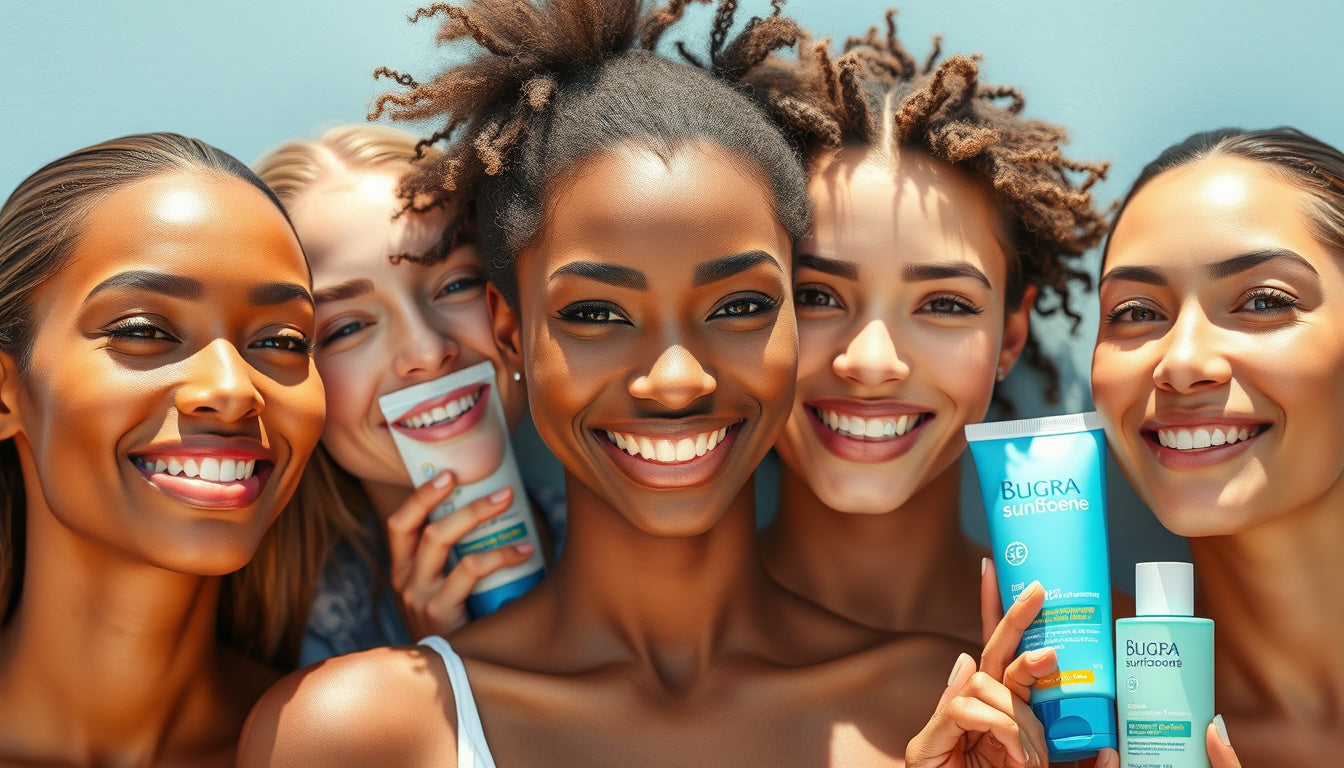
Uncover the Shocking Triggers of Angina: Are You at Risk? Discover the Hidden Connections!
Angina is a warning sign that your heart isn’t getting enough oxygen-rich blood, often due to narrowed or blocked coronary arteries. While many know common risk factors such as smoking and high blood pressure, there are lesser-known triggers and hidden connections that can dramatically increase your risk. Understanding these can empower you to take charge of your heart health and potentially avoid serious cardiac events.
What Exactly is Angina?
Angina presents as chest pain or discomfort resulting from reduced blood flow to the heart muscle. It’s a symptom of an underlying heart problem, often coronary artery disease, where arteries become stiff and narrowed. Recognizing and managing its causes can help prevent heart attacks and improve quality of life.
Major Risk Factors and Triggers of Angina
1. Smoking and Nicotine Use
Smoking is a primary factor that damages blood vessels and restricts oxygen delivery to the heart. Nicotine constricts arteries, intensifying angina symptoms.
2. Obesity and Diabetes
Obesity often leads to insulin resistance, a condition where cells fail to respond properly to insulin. This causes inflammation inside arteries, making them stiff and prone to blockages. Diabetes, characterized by high blood sugar and insulin problems, accelerates artery stiffness and plaque buildup.
3. High Blood Pressure (Hypertension)
Elevated blood pressure forces the heart to work harder, gradually damaging arteries and increasing angina risk.
4. Stress and Emotional Triggers
Stress hormones cause temporary spikes in blood pressure and heart rate, which can lower the threshold for angina attacks.
5. Insulin Resistance and Inflammation
Insulin resistance leads to a cascade effect where the body attempts to "patch" inflamed arteries with cholesterol, calcium, and proteins. This process narrows arteries further, intensifying angina.
6. Alcohol, Marijuana, and Drug Use
Excessive alcohol intake, marijuana, and especially stimulants like cocaine can trigger angina by causing sudden constriction of coronary arteries or irregular heart rhythms.
7. Energy Drinks and Youth Heart Risks
Energy drinks combine high levels of caffeine and sugar, both of which can raise blood pressure and heart rate. Increased consumption among young people has been linked to heart attacks and angina episodes, highlighting a growing public health concern.
Hidden Connections You Need to Know
The combination of these factors often creates a dangerous synergy. For instance, insulin resistance combined with high stress and unhealthy habits like smoking can markedly increase artery inflammation. This “band-aid” effect—where cholesterol, calcium, and proteins try to heal inflamed arteries—actually worsens blockages, raising the risk of a heart attack.
How to Protect Yourself from Angina
- Quit smoking and avoid nicotine products.
- Maintain a healthy weight through diet and exercise.
- Manage blood sugar levels if diabetic or insulin resistant.
- Control blood pressure with lifestyle changes or medication.
- Reduce stress with mindfulness, therapy, or relaxation techniques.
- Limit or avoid alcohol, marijuana, and stimulant drugs.
- Avoid excessive intake of energy drinks, especially among young adults.
Conclusion: Take Charge of Your Heart Health Today
Understanding these surprising triggers of angina helps you identify whether you might be at risk and take timely action. By making informed lifestyle decisions and staying aware of hidden connections like insulin resistance and energy drink consumption, you can protect your heart and reduce the threat of angina.
If you are also interested in maintaining overall well-being, including hair health, consider exploring effective hair products that support vitality and confidence, complementing your holistic self-care routine.
Stay informed and heart-healthy to keep angina at bay!













